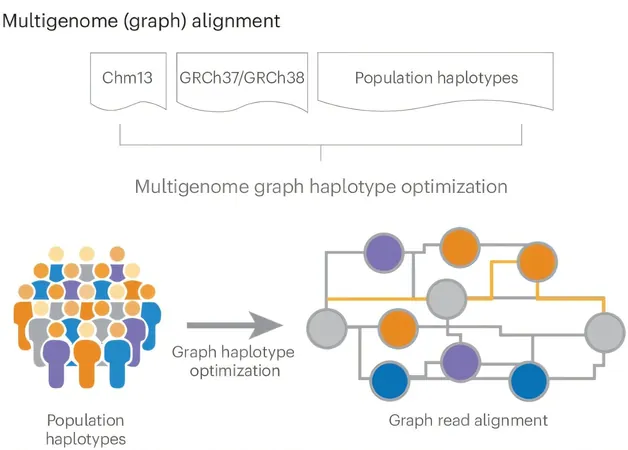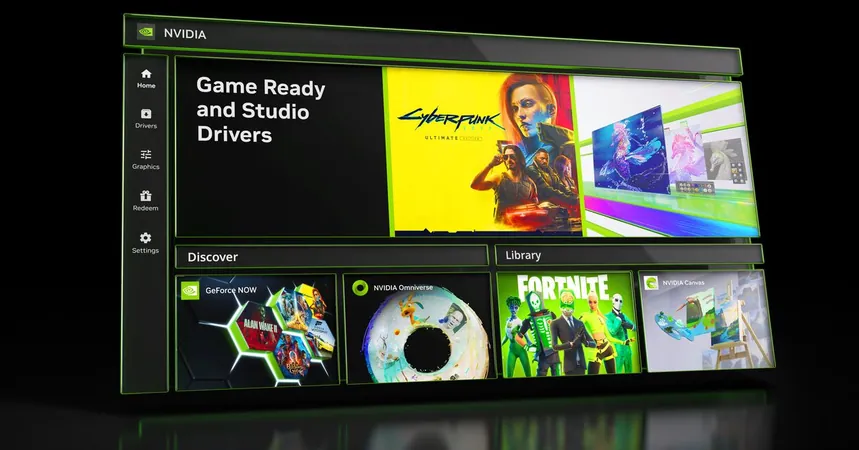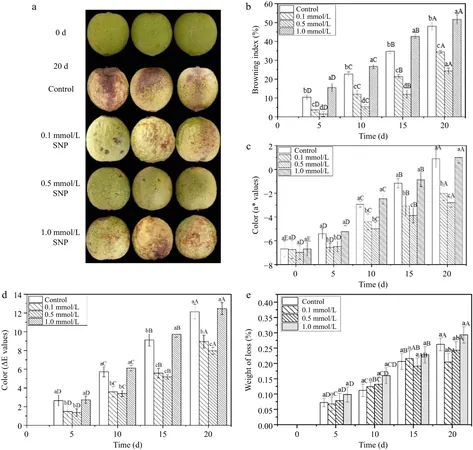
Revolutionary Genome Analysis Platform DRAGEN Sets New Standards in Speed and Accuracy
2024-11-04
Author: Benjamin
A groundbreaking collaborative study conducted by researchers from Baylor College of Medicine and Illumina has validated the remarkable capabilities of the DRAGEN (Dynamic Read Analysis for GENomics) platform, setting the stage for a new era in genomic analysis. This innovative platform has proven to outperform existing methods in both speed and accuracy across various genetic variants, processing whole-genome sequencing data with 35x coverage in an astonishing 30 minutes.
In recent years, genomic sequencing has emerged as a fundamental pillar in fields ranging from biomedical research to personalized medicine. With next-generation sequencing, scientists have unlocked unprecedented potential for uncovering insights into diseases, evolutionary biology, and population genetics. Historically, completing the Human Genome Project in 1990 required $2.7 billion and several years—now a similar project can be completed in just days for under $10,000, often sequencing multiple genomes concurrently.
Advancements in next-generation sequencing technologies have significantly lowered costs and improved data quality, dismantling previous barriers to conducting comprehensive genomic research. However, as the volume of data generated has increased, so too has the demand for effective and accurate analysis methods capable of keeping pace.
While considerable strides have been made in detecting single-nucleotide variations (SNVs) and small insertions or deletions (indels), comprehensive detection of more complex variant types—like structural variations (SVs) and copy number variations (CNVs)—has remained a daunting challenge for researchers. DRAGEN addresses these issues through a combination of multigenome mapping, hardware acceleration, and machine learning-driven variant detection, allowing for rapid processing and detection of variants at a scale previously unattainable.
According to a study published in Nature Biotechnology, DRAGEN underwent extensive performance evaluations utilizing data from the 1000 Genomes Project, assessing 3,202 whole-genome sequencing datasets. The platform consistently demonstrated its ability to generate detailed multisample variant call format files, highlighting both its scalability and accuracy.
In speed tests, DRAGEN's hardware capabilities enabled it to produce results for 3,202 human genomes simultaneously—each with 35x coverage—in an impressive two hours when utilizing an optimized Illumina Phase4 server configured for high-throughput processing.
Accuracy metrics such as the F-measure—a key indicator of precision and recall—illustrate DRAGEN’s superiority. For instance, in detecting single-nucleotide variants (SNVs), DRAGEN achieved an F-measure of 99.86%, successfully identifying nearly 3.96 million variants while minimizing false positives and negatives. In contrast, competitor platforms like DeepVariant and GATK lagged significantly behind, with respective F-measures of 99.64% and 99.13%.
The platform also excelled in detecting smaller insertions and deletions, reporting an F-measure of 99.80%, while reference tools showed higher error rates. Additionally, DRAGEN outperformed its competitors in structural variant detection, achieving remarkable F-measure scores of 76.90% for insertions and 82.60% for deletions.
Focusing on copy number variations, DRAGEN notably excelled in detecting deletions ranging from 1 to 5 kilobase pairs, where it achieved an F-measure of 92.60%, far surpassing the competition.
Particularly impressive was DRAGEN's performance within challenging medically relevant gene regions. Here, it achieved an F-measure of 98.64%, which is crucial for genetic research intending to identify novel disease-related variants. Such capabilities could usher in advancements in understanding genetically linked diseases, expediting the identification of genetic markers that can guide treatment.
The implications of these findings extend across numerous fields, offering a transformative potential for genomic research, personalized medicine, and beyond. With this advanced technology, researchers are poised to conduct rapid and reliable analyses that can lead to breakthroughs in the diagnosis and treatment of various diseases.
Despite the accolades, it's essential to critically evaluate the technology's advancement and its real-world applications. The findings lack independent sponsorship from Illumina, indicating that while the potential is immense, it is crucial to maintain an objective stance as the technology is implemented across different sectors.
As we stand on the cusp of new genetic discoveries, the introduction of the DRAGEN platform promises to change the landscape of genomic research dramatically. Ready to embrace the future, scientists anticipate the wealth of knowledge that this innovative tool could unlock, paving the way for improved patient outcomes and a deeper understanding of the genetic underpinnings of life itself.









 Brasil (PT)
Brasil (PT)
 Canada (EN)
Canada (EN)
 Chile (ES)
Chile (ES)
 España (ES)
España (ES)
 France (FR)
France (FR)
 Hong Kong (EN)
Hong Kong (EN)
 Italia (IT)
Italia (IT)
 日本 (JA)
日本 (JA)
 Magyarország (HU)
Magyarország (HU)
 Norge (NO)
Norge (NO)
 Polska (PL)
Polska (PL)
 Schweiz (DE)
Schweiz (DE)
 Singapore (EN)
Singapore (EN)
 Sverige (SV)
Sverige (SV)
 Suomi (FI)
Suomi (FI)
 Türkiye (TR)
Türkiye (TR)